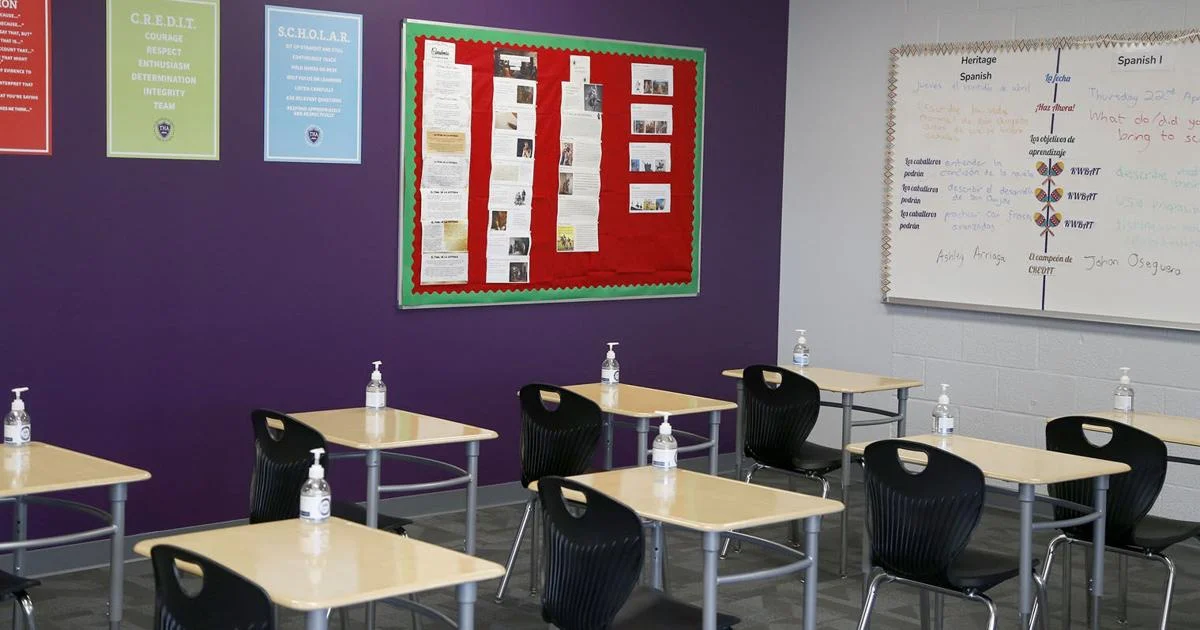Copyright scotsman

William Loneskie painted a picture of Britain without the monarchy (Letters, 4 November). He talked about the fresh start it would give us through rebranding, for example. Did he not watch our monarchy in action in Brazil? There were pictures of unbridled joy from an ecstatic crowds eager to get their selfie taken with William. The monarchy is the greatest possible global advertisement for the UK. Does Mr Loneskie believe we could surpass that level of publicity with a ceremonial President who now one cares about or with a Keir Starmer-type Prime Minister? I did absolutely agree with your correspondent on one thing though, namely that closing down the Scottish Parliament would save us a great deal of money in return for a much more able government. Maybe that’s where we should start the rebranding. Ken Currie, Edinburgh Value for money William Loneskie’s letter was the second in recent days on replacing the monarchy. Mr Loneskie, however, seems to think becoming a republic would reverse devolution of governance and change the UK to Great Britain. I suggest that he reads some history – the War of Three Kingdoms, Oliver Cromwell and particularly the Anglo-Scottish war of 1650-1652. He may then realise the Troubles in Ireland and sectarian issues in Scotland were not caused by the Tudor but by a republican politician, he may then reflect on how unpleasant life was with a politician as head of state. Some basic maths will guide him as to how much more expensive a president would be and if that doesn’t change his opinion perhaps he might consider how bad president Thatcher, Blair or even Johnson might have been. As to the House of Lords being reformed, it’s the politicians, not the monarchy, that will make that decision. I am not a royalist but I do like value for money. A president will cost much more and interfere in the political process. Stephen Briers, Sheffield, South Yorkshire Housing rules Shelter has been a housing charity for 60 years and in all that time has not put a single roof over anyone’s head. It claims to be a pressure group campaigning for better housing but it must be the most unsuccessful pressure group in history since the housing situation is arguably worse today than it was in the 1960s. It is therefore with no surprise that I read the comments made by Shelter Scotland's director objecting to suggestions that housing rules be changed to restore protection for local people in an era of mass immigration (your report, 4 March). There are 99,000 families on waiting lists for social housing in Scotland. New social housing is being built at a rate of about 6,000 a year. The suggestion is that because Scottish councils do not require a local connection, asylum seekers from all over the UK can come to Scottish local authorities and ask to be rehoused. It seems to me to be only sensible to restore the local connection requirement to prevent this happening. Far from ‘weaponising’ housing, this is essential to prevent Reform and others stirring up resentment if asylum seekers are seen to be monopolising housing allocations at the expense of long-standing residents. Robert Cairns, Cupar, Fife Insects in decline It is fashionable to praise insect populations as a good thing because some are pollinators and some eat other insects that we call pests, such as aphids (Letters, 4 November), although coffin flies are having a harder time today than before because of the popularity of cremation. But to typify insects as wholly beneficial, as Dave Haskell does, won’t do. Midges have been considered a pest for centuries, and they recently have taken up a new nasty role as vectors on the bluetongue virus. Maybe wind turbines will turn out to be helpful in reducing their numbers! I declare an interest as an amateur entomologist who has discovered insect species new to Scotland and the UK. Hugh Pennington, Aberdeen Verified failures It appears Rachel Reeves and the BBC are both being economical with the truth. Ms Reeves is conveniently forgetting she used last years Budget to introduce swingeing tax rises and said she would not be back for more. The BBC is claiming its output is verified yet the shocking juxtaposition of the words from Donald Trump reveals a blatant attempt to misrepresent what he said. Both Rachel Reeves and the BBC want your money but are not providing the relevant service. The BBC licence fee must go and Rachel Reeves must go, if not the entire Labour government. Gerald Edwards, Glasgow Countryside ruined The huge new wind farms proposed for the Scottish Highlands and related infrastructure required cannot be allowed to progress. Why should our beautiful country be ruined to provide wind power for south of the Border? This will ruin our beautiful landscapes and villages, not to mention the disruption to wildlife preservation projects. It will destroy thousands of acres of our woodlands to install all these wind turbines. The Fyrish Monument near Alness, as one example, is going to be surrounded by the highest wind turbines at 250m, with huge red lights to be lit up at night. You wouldn’t dream of doing this around Stonehenge so why is it acceptable in Scotland? Why not right through the middle of the Lake District or Yorkshire or Kent? Scotland is not an add on piece of land to England that the UK Government can do with whatever it likes. It’s an outrage. There is no recompense that justifies decimating our country. Where is our right as the people of Scotland to vote on this enormous issue? Scotland is going to be turned into an enormous wind farm to supply England with power. What is the Scottish Government doing to stop this happening? Everyone realises we need green energy, but these wind farms should be installed in each country for their own populations. Scotland is not a supermarket for the whole of the UK. Fiona Hardie, Hill of Beath, Fife Pylon power Campaigners fighting plans to install a 105-mile long line of pylons through the Highlands say they have secured a “victory for local democracy” after Highland Council agreed with them and formally raised objections with the Scottish Government (your report, 4 November). Never in the history of the Scottish Government has an application for wind turbines, solar panels, battery farms and pylons been refused despite campaigners' and councils' repeated objections. There is an election in May 2026 which gives the electorate the opportunity to throw out this inefficient failed government and its “Scotland leads the world” in everything mantra. Well it is good at one thing – and that is wasting Scottish taxpayers’ money. Clark Cross, Linlithgow, West Lothian Teachers’ pay For many reasons, there’s an acute shortage of teachers, aggravated by the numbers who retire early because of stress. Teachers bear the burden of developing children to becoming responsible and articulate adults, and yet are undervalued and underpaid. It’s not our overworked teachers who are failing, but the system that employs them. It’s almost impossible to recruit maths or science teachers, who can readily find higher salaries elsewhere. Teachers face the stress of unacceptable and antisocial behaviour from pupils on a daily basis. They also deal with children with special needs, often severe, in the milieu of the classroom. No wonder there is a dire shortage of teachers, for whom their profession is a vocation. Far too many, who love their jobs, can’t face the unacceptable stress of the classroom environment. We, perhaps unfairly, demand a lot of our teachers, and that should be reflected in their salary. I, for one, would pay more tax, towards achieving this. Ian Petrie, Edinburgh Belt up In November 2022 you reported a catalogue of violence and anti-social yobbism in our schools, and the despair of the EIS at the widespread aggressive acts in schools generally; clearly such appalling behaviour has not diminished and civilised pupils who are brought up properly continue to suffer persistent disrupted education. But teachers’ unions must acknowledge that to some extent at least, these acts result from its own chickens coming home to roost. A previous generation of teachers led the campaign to ban corporal punishment without having any credible and effective alternative to put in its place. Quite rightly, I was belted in the 1950s when, showing off, I pretended to trip up the janitor in the corridor as he walked past carrying a heavy load of jotters and papers (I withdrew my foot just in time) and 40 years before that, my father was similarly punished, rightly in his view, for twice kicking a football in the classroom – on the second occasion destroying the ceiling light in the process! We both learned our lesson. I also recall that in the mid-1980s the EIS led a protest march with its banners depicting the face of the then Secretary of State, George Younger, as the bull’s eye of a rifle target – utterly disgraceful and a dreadful example to set their pupils and our children. So what did and does the EIS expect? John Birkett, St Andrews, Fife Write to The Scotsman We welcome your thoughts – NO letters submitted elsewhere, please. Write to lettersts@scotsman.com including name, address and phone number – we won’t print full details. Keep letters under 300 words, with no attachments, and avoid ‘Letters to the Editor/Readers’ Letters’ or similar in your subject line – be specific. If referring to an article, include date, page number and heading.



